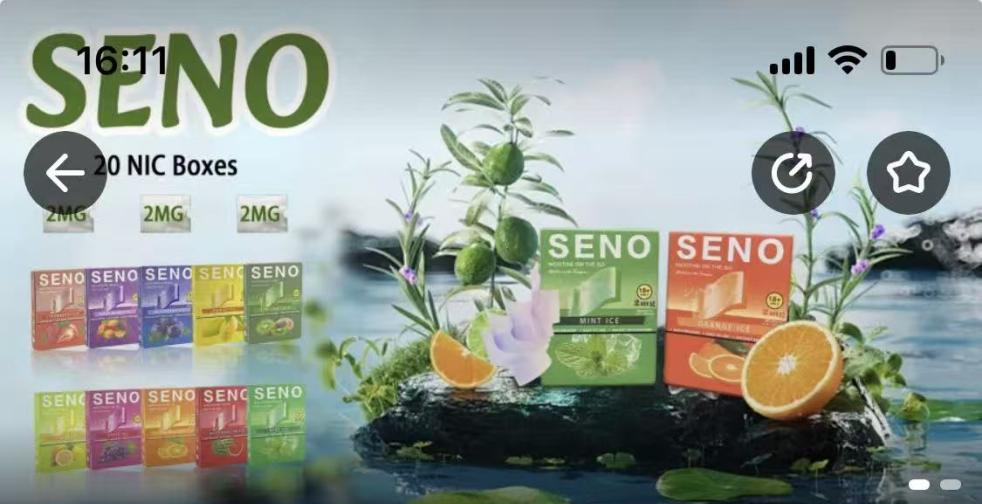In the world of skincare, acids have gained immense popularity for their ability to exfoliate, brighten, and rejuvenate the skin. From alpha hydroxy acids (AHAs) to beta hydroxy acids (BHAs), these compounds can work wonders when used correctly. However, not all acids are created equal, and some can be detrimental to skin health. In this article, we will explore which acid is not good for your skin, the reasons behind its adverse effects, and how to choose the right products for your skincare routine.
Understanding Acids in Skincare
Acids in skincare are primarily categorized into two groups: AHAs and BHAs. AHAs, such as glycolic and lactic acid, are water-soluble and primarily work on the skin's surface, promoting exfoliation and improving texture. BHAs, like salicylic acid, are oil-soluble and penetrate deeper into the pores, making them effective for acne-prone skin. While these acids can provide significant benefits, the wrong choice can lead to irritation, sensitivity, and long-term damage.
The Acid to Avoid: Hydrochloric Acid
Among the various acids used in skincare, hydrochloric acid (HCl) stands out as one that should be avoided. While it is commonly used in industrial applications and some medical procedures, its presence in skincare products is concerning. Hydrochloric acid is a strong mineral acid that can disrupt the skin's natural barrier, leading to a host of issues.
Why Hydrochloric Acid is Harmful
- pH Disruption: The skin's natural pH is slightly acidic, typically ranging from 4.5 to 5.5. Hydrochloric acid, being a strong acid, can significantly lower the pH of the skin, leading to an imbalance. This disruption can compromise the skin's barrier function, making it more susceptible to irritants, allergens, and pathogens.
- Irritation and Inflammation: Hydrochloric acid can cause severe irritation, redness, and inflammation. Unlike milder acids that promote gentle exfoliation, HCl can lead to chemical burns, especially for those with sensitive skin. Symptoms may include stinging, burning sensations, and prolonged redness.
- Long-term Damage: Regular exposure to hydrochloric acid can result in long-term skin damage, including increased sensitivity, premature aging, and a compromised skin barrier. This damage can manifest as dryness, flakiness, and a heightened risk of skin infections.
Alternatives to Hydrochloric Acid
Fortunately, there are numerous effective and safe alternatives to hydrochloric acid that can enhance your skincare routine without the associated risks. Here are some recommended acids that can benefit your skin:
- Glycolic Acid: Derived from sugar cane, glycolic acid is an AHA known for its ability to exfoliate the skin gently. It helps to improve skin texture, reduce fine lines, and promote a radiant complexion.
- Lactic Acid: Another AHA, lactic acid is milder than glycolic acid and is suitable for sensitive skin. It hydrates while exfoliating, making it an excellent choice for those looking to brighten their complexion without irritation.
- Salicylic Acid: A BHA that penetrates deep into the pores, salicylic acid is ideal for acne-prone skin. It helps to unclog pores, reduce inflammation, and prevent breakouts.
- Hyaluronic Acid: While not an exfoliating acid, hyaluronic acid is a powerful humectant that draws moisture into the skin. It can help maintain hydration and improve overall skin texture.
Conclusion: Choosing Wisely
When it comes to skincare, knowledge is power. Understanding which acids are beneficial and which ones to avoid can significantly impact your skin's health. Hydrochloric acid is a potent compound that, while useful in certain industrial applications, has no place in your skincare routine. Instead, opt for gentler alternatives like glycolic, lactic, and salicylic acids, which can provide the desired results without compromising your skin's integrity.







